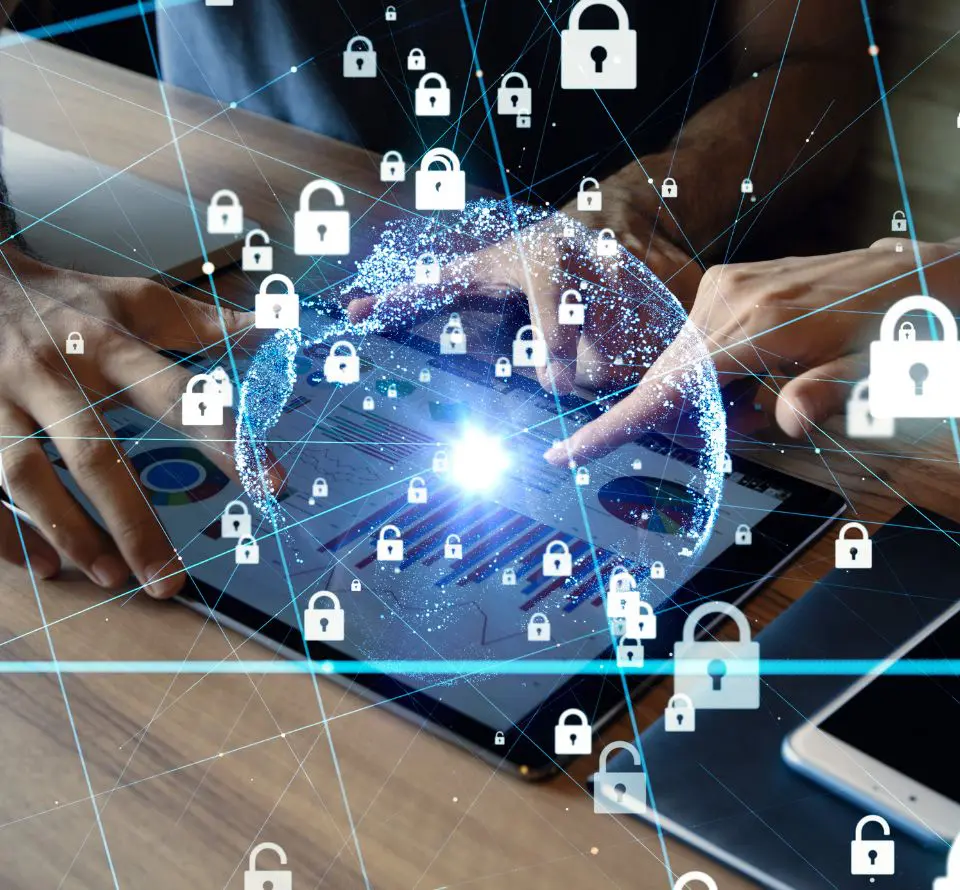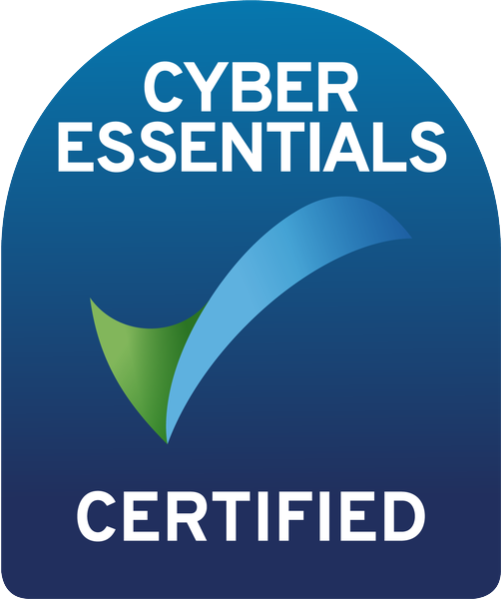Published by

Cyber Security
Strengthening the Human Firewall: How to Build a Security-Minded Team?
 Back to Resource Centre
Back to Resource Centre

Cyber attack has risen to become one of the biggest threats to businesses across the global. While technical safeguards such as firewalls and anti-malware software remain essential, they cannot address the weakest link in the security chain: human behaviour. Building a security-minded team – often referred to as the “human firewall”- is the most effective way for organisations to protect themselves against evolving digital threats.
Within this article we explore how businesses can embed cybersecurity into their culture, ensuring staff are both aware and proactive in defending against attacks.
*
Leadership and Governance: Setting the Tone from the Top
A strong cybersecurity culture begins with leadership. Boards and senior management must treat cyber risk as a core business priority, placing it firmly on meeting agendas. Visible commitment from leaders not only drives accountability but also reinforces the message that security is everyone’s responsibility.
Assigning clear responsibility is key. Some organisations appoint “Security Champions” within departments to cascade best practice and raise awareness. Others designate cybersecurity as a director-level responsibility, ensuring it receives the same scrutiny as financial or operational risks. Such governance frameworks demonstrate seriousness and encourage continuous improvement across the workforce.
*
Employee Training and Awareness: Turning People into Defenders
Technology can only go so far and it is often people who spot suspicious links, question unexpected requests and report anomalies. Ongoing training is, therefore, central to strengthening the human firewall.
Interactive, engaging approaches are more effective than one-off lectures. UK organisations can draw on National Cyber Security Centre (NCSC) resources, run simulated phishing campaigns, and deliver bite-sized e-learning modules to reinforce key messages. Workshops and scenario-based exercises also build confidence, helping employees understand their role in defending the organisation.
Recognition is important too – staff who quickly report suspicious activity should be acknowledged, building a culture where vigilance is valued.
*
Policies and Best Practice: Setting Clear Expectations
Clarity matters. Employees cannot follow rules they do not understand. Well-structured cybersecurity policies provide the foundation for consistent behaviour across the business.
These should cover essentials such as:
- Secure use of devices (both company and personal).
- Handling and storage of sensitive data.
- Password hygiene and multi-factor authentication.
- Incident reporting processes.
Policies should be reviewed annually (or after significant changes) and acknowledged by all staff. Compliance with standards like Cyber Essentials and regulations such as GDPR strengthens not only internal practices but also external trust with customers, regulators and partners.
*
Incident Preparedness: Planning for the Inevitable
Even the most secure organisations may face a breach. The difference between recovery and catastrophe often lies in how quickly and effectively teams respond.
Robust incident response plans, supported by regular tabletop exercises, ensure staff know what to do when threats materialise. Establishing clear reporting channels encourages employees to escalate issues without fear of blame. When staff feel safe to raise concerns, and are recognised for doing so, reporting becomes proactive, not reactive.
Preparedness should be seen as a collective responsibility, minimising downtime, reputational damage and financial loss.
*
Embedding Cybersecurity in Daily Culture
To truly strengthen the human firewall, organisations must move beyond policies and training to weave security into the fabric of daily work.
This includes:
- Making cybersecurity part of performance objectives.
- Sharing updates on threats and incidents transparently.
- Celebrating proactive behaviour – such as reporting phishing attempts.
- Collaborating with external experts and participating in industry knowledge-sharing initiatives.
When cybersecurity is viewed not as a burden but as a shared duty, employees begin to internalise good habits. Over time, vigilance becomes second nature, and security transforms from a compliance requirement into a cultural norm.
*
Building a security-minded team requires more than technology – it requires leadership, training, clear policies, preparedness and everyday habits. By embedding cybersecurity into company culture, organisations strengthen their human firewall and dramatically reduce the likelihood of successful attacks.
Cybersecurity is everyone’s responsibility. The organisations that recognise this, and act on it, will not only reduce their risk exposure but also inspire trust among clients, partners and regulators.











